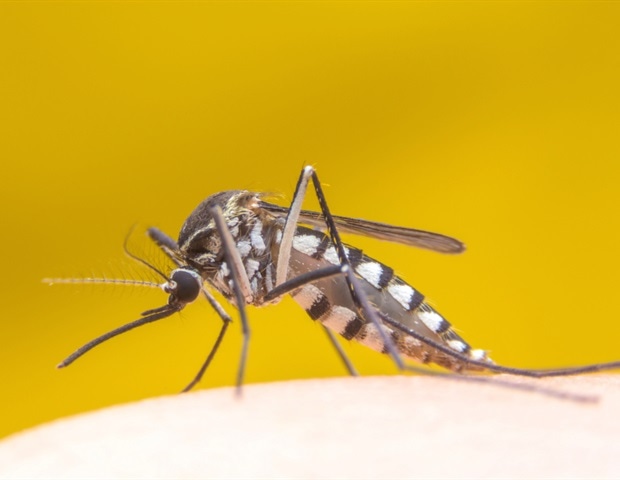
The National Institutes of Health (NIH) has established a pandemic preparedness research network to conduct research on high-priority pathogens most likely to threaten human health with the goal of developing effective vaccines and monoclonal antibodies. Currently, many of the diseases caused by these pathogens have no available vaccines or therapeutics, and investing in this research is key to preparing for potential public health crises-;both in the United States and around the world. NIH’s National Institute of Allergy and Infectious Diseases (NIAID) expects to commit approximately $100 million per year to fund the program, pending the availability of funds.
The Research and Development of Vaccines and Monoclonal Antibodies for Pandemic Preparedness network-;called ReVAMPP-;will focus its research efforts on “prototype pathogens,” representative pathogens from virus families known to infect humans, and high-priority pathogens that have the potential to cause deadly diseases. By studying specific prototype pathogens, scientists will build a knowledge base that could be applied to other related viruses. For example, NIAID’s earlier work on the Middle East respiratory syndrome coronavirus (MERS-CoV) played a crucial role in understanding and developing safe and effective treatments and vaccines for SARS-CoV-2, the virus that caused the COVID-19 pandemic. The ReVAMPP network will study viruses from virus families that have caused human disease for millennia-;many of which have the potential to become pandemic threats in the future.
“In the wake of the COVID-19 pandemic and ongoing outbreaks of emerging infectious diseases, the need for robust pandemic preparedness is evident,” said NIAID Director Jeanne M. Marrazzo, M.D., M.P.H.
The ReVAMPP network will enable researchers to fill key knowledge gaps and identify strategies to develop safe and effective medical countermeasures for targeted virus families before the need becomes critical.”
Jeanne M. Marrazzo, Director, NIAID
The ReVAMPP network will focus on viruses from families within:
- The Bunyavirales order, which includes Sin Nombre virus from the Hantavirus family, Oropouche virus, and viruses that cause Rift Valley Fever, Crimean Congo Hemorrhagic Fever, and Lassa Fever
- The Flaviviridae family, which includes viruses that cause dengue and yellow fever
- The Paramyxoviridae family, which includes viruses that cause measles, mumps, and Nipah-induced encephalitis
- The Picornaviridae family, which includes viruses that cause poliomyelitis, foot-and-mouth disease, and myocarditis
- The Togaviridae family, which includes viruses that induce Chikungunya virus-induced arthralgia or encephalitis and Venezuelan equine encephalitis
By focusing on research to develop vaccine candidates and monoclonal antibodies, the ReVAMPP network will lay the groundwork for a faster and more effective pandemic response should a virus from one of the targeted families emerge as a pandemic threat.
The Research Triangle Institute in Durham, North Carolina, will serve as a centralized Coordination and Data Sharing Center and provide support and coordination for the network. By standardizing experimental design, such as using specific reagents, animal models, and datasets, research centers that comprise the ReVAMPP network will be able to easily share their results and collaborate to enhance the network’s efforts.
Source:
National Institutes of Health








